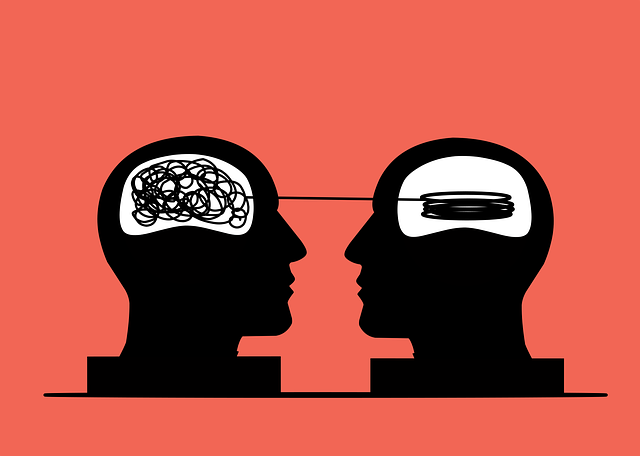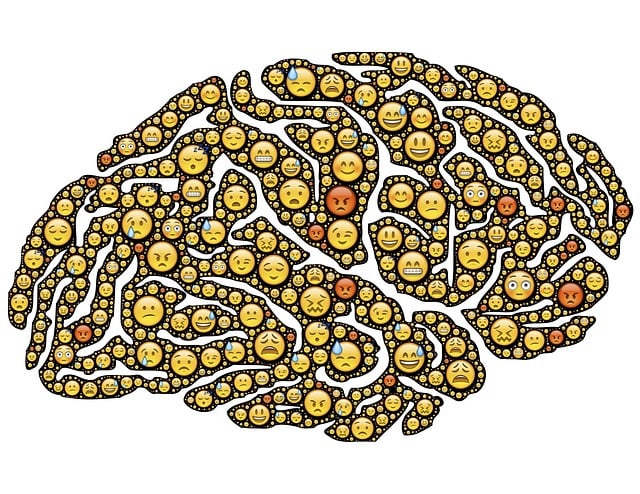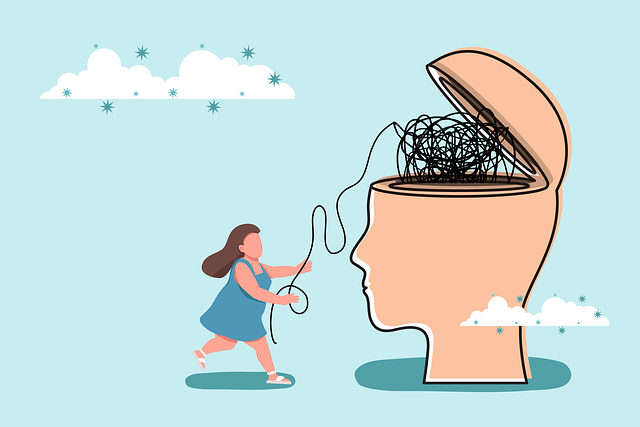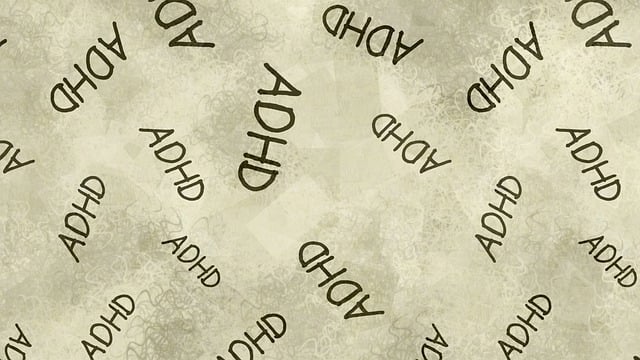Golden Trauma Therapy (GTT) is a revolutionary approach addressing trauma's impact on social skills, crucial in today's digital age where virtual interactions are common. GTT offers specialized training for anxiety, PTSD, and social phobia sufferers, using evidence-based techniques like Crisis Intervention Guidance and Self-Care Practices. Through role-playing and discussions, clients build confidence, practice active listening, develop assertiveness, and cultivate positive thinking. This therapy enhances self-awareness, empathy, and social connections, ultimately improving mental well-being and community participation, while reducing stigma around mental illness.
Social skills training is a powerful tool for managing mental health conditions, offering individuals a path to enhance their interactions and overall well-being. This article explores the intricate relationship between social abilities and mental health, with a particular focus on Golden Trauma Therapy as an innovative approach. We’ll delve into effective strategies, real-world applications, and success stories, highlighting how targeted training can transform lives. Discover practical insights into improving social connections and reclaiming mental resilience.
- Understanding Social Skills and Their Impact on Mental Health
- The Role of Golden Trauma Therapy in Improving Social Interactions
- Strategies for Effective Social Skills Training
- Real-World Applications and Success Stories
Understanding Social Skills and Their Impact on Mental Health

Social skills are essential aspects of our daily interactions and play a pivotal role in shaping our mental health. They encompass a range of behaviors, including communication, empathy, active listening, and conflict resolution, which facilitate connections and support networks among individuals. In today’s digital age, where virtual interactions are prevalent, cultivating robust social skills becomes even more critical for overall well-being, especially for those managing mental health conditions.
For instance, individuals with anxiety disorders or post-traumatic stress disorder (PTSD) often struggle with social situations due to fear of judgment or triggering memories. Golden Trauma Therapy recognizes the profound impact of these challenges and offers specialized training in social skills as a component of its comprehensive treatment approach. By focusing on self-awareness exercises and building confidence in social settings, mental illness stigma reduction efforts can be significantly enhanced. Furthermore, community outreach program implementations that incorporate social skills training have shown promise in fostering support systems, encouraging open dialogues about mental health, and ultimately promoting healing and recovery.
The Role of Golden Trauma Therapy in Improving Social Interactions

Golden Trauma Therapy (GTT) is a revolutionary approach that plays a pivotal role in enhancing social skills for individuals facing mental health challenges. This therapy method focuses on addressing trauma’s profound impact on an individual’s ability to connect and interact with others, often a significant barrier for those struggling with anxiety, PTSD, or social phobias. GTT facilitates emotional healing processes by encouraging clients to safely confront and process traumatic memories, leading to improved self-care practices and a deeper understanding of their emotional responses.
Through various techniques, GTT enables participants to gain valuable insights into their social interactions. It helps individuals recognize and modify unhealthy patterns, fostering more meaningful connections with others. By promoting self-awareness and empathy, this therapy empowers people to navigate social situations with increased confidence, ultimately enhancing their overall well-being and participation in society.
Strategies for Effective Social Skills Training

Social Skills Training is a powerful tool for individuals managing mental health conditions, offering practical strategies to navigate social interactions with confidence and ease. At Golden Trauma Therapy, we emphasize tailored approaches that cater to unique needs, ensuring every client receives effective support. Our therapists employ evidence-based techniques, combining elements of Crisis Intervention Guidance with Self-Care Practices, to foster a sense of belonging and improve communication skills.
Through role-playing scenarios and guided discussions, individuals learn to manage anxiety, build assertiveness, and cultivate Positive Thinking in social settings. By practicing active listening, empathy, and effective communication, clients gain the confidence to engage in meaningful relationships, enhancing their overall well-being.
Real-World Applications and Success Stories

Social skills training is a powerful tool in the mental health arena, with numerous real-world applications and success stories to prove its effectiveness. One notable example is Golden Trauma Therapy, which uses evidence-based methods to help individuals process traumatic experiences and develop essential coping mechanisms. By focusing on interpersonal interactions and communication strategies, this therapy empowers clients to navigate social situations with greater ease and confidence, ultimately enhancing their overall well-being.
In the context of depression prevention, these skills are invaluable. Training in social skills can help individuals recognize and initiate positive connections, combat loneliness, and build a support system that promotes mental resilience. Moreover, risk management planning for mental health professionals often incorporates risk assessment techniques to identify potential triggers and develop strategies to mitigate them. Success stories abound, showcasing improved client outcomes and enhanced job satisfaction among healthcare providers who incorporate these training programs into their practices.
Social skills training, enhanced by innovative approaches like Golden Trauma Therapy, plays a pivotal role in managing mental health conditions. By focusing on improving social interactions, individuals can better navigate relationships and communities, leading to improved well-being. Integrating evidence-based strategies ensures these programs are effective and accessible, offering real-world benefits that resonate with participants. In light of these findings, recognizing the impact of social skills training is crucial for fostering inclusive environments and supporting mental health recovery.














